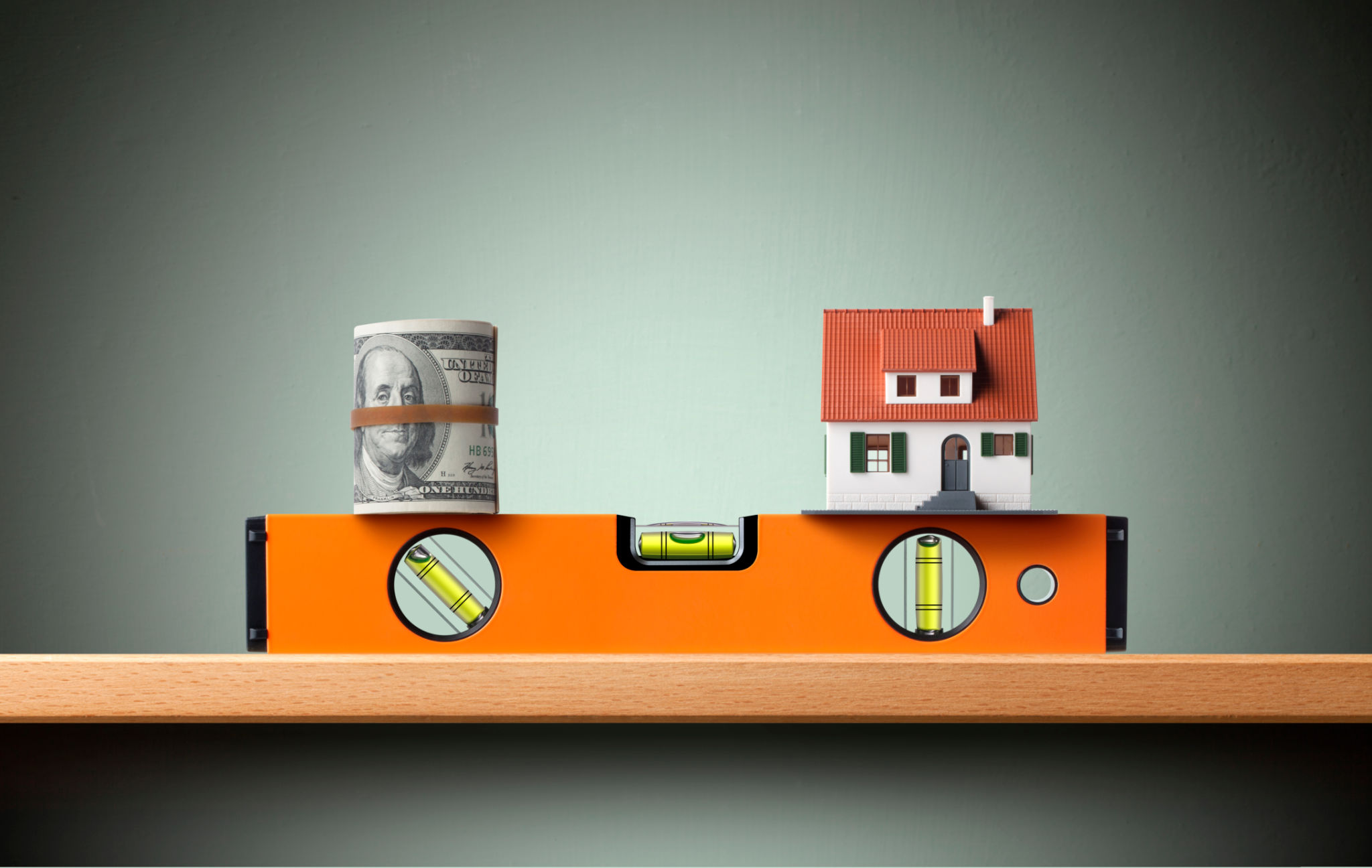Top Strategies to Recover After Losing Your Home to Foreclosure
MH
Understanding the Impact of Foreclosure
Losing your home to foreclosure can be a devastating experience, affecting not only your financial stability but also your emotional well-being. It's crucial to acknowledge these impacts and begin planning for recovery. While the road ahead may seem daunting, there are several strategies you can employ to regain your footing and move forward after foreclosure.

Assessing Your Financial Situation
The first step in recovering from foreclosure is to take a comprehensive look at your current financial situation. Gather all relevant financial documents, including bank statements, credit reports, and any outstanding debts. Understanding where you stand financially is crucial to making informed decisions about your next steps.
Consider speaking with a financial advisor who can help you create a realistic budget and provide guidance on managing your finances moving forward. This professional assistance can be invaluable in helping you rebuild your financial foundation.
Rebuilding Your Credit Score
Your credit score likely took a hit during the foreclosure process, but don't be discouraged. Rebuilding your credit is possible with determination and time. Start by ensuring that all your bills and outstanding obligations are paid on time. This consistent payment history is a significant factor in improving your credit score.
- Pay all bills promptly.
- Consider obtaining a secured credit card to rebuild credit.
- Regularly check your credit report for accuracy.

Exploring Housing Options
After foreclosure, finding stable housing is a top priority. Depending on your circumstances, you may need to rent an apartment or live with family temporarily. Research affordable housing options in your area and consider reaching out to local housing authorities for assistance.
As you evaluate potential housing options, keep in mind your long-term goals. Renting might be the most feasible short-term solution, but it's essential to plan for eventual homeownership if that's your ultimate aim. Saving for a down payment and improving your credit can help make this goal achievable.
Seeking Emotional Support
The emotional toll of losing a home can be significant, and it's important not to overlook this aspect of recovery. Seeking support from friends, family, or professional counselors can provide the emotional strength needed to navigate this challenging time.

Participating in support groups with individuals who have experienced similar situations can also offer comfort and practical advice. Sharing experiences and strategies with others can be empowering and help you feel less isolated during the recovery process.
Setting New Goals
Once you've begun to stabilize your financial and emotional situation, it's time to set new goals for the future. These goals should be realistic, achievable, and aligned with your current circumstances. They might include saving for a new home, pursuing further education, or advancing in your career.
- Define clear, actionable steps to achieve each goal.
- Regularly review and adjust your goals as needed.
- Celebrate small victories along the way.
Recovering from foreclosure is undoubtedly challenging, but by taking proactive steps and seeking support, you can rebuild and move forward with confidence. Remember that this setback doesn't define your future; it merely shapes the path to your next chapter.